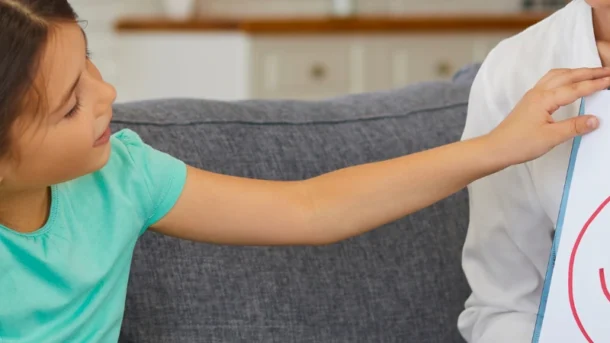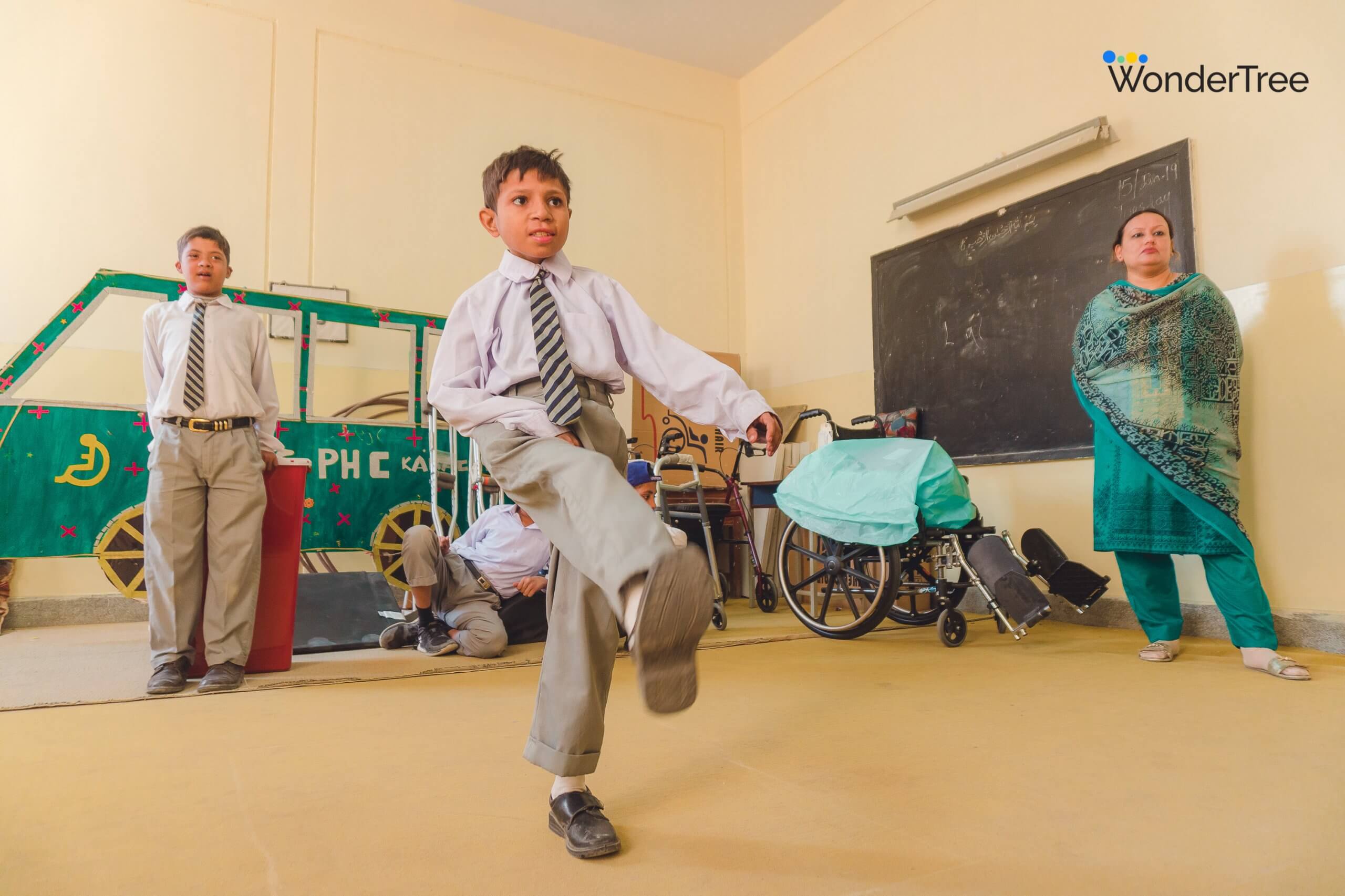Being a parent, do you also want your child to share toys, make friends, and be calm instead of throwing tantrums? Well, who doesn’t? It might sound like a lot of effort or impossible, but it’s not! It’s all about strong social-emotional development in early childhood.
Teaching children to handle their emotions, make friends, or apologize after a fight is as necessary as teaching them the ABCs. Good social-emotional development can improve their interactions, relationships, and emotional strength for a lifetime, meanwhile, poor social-emotional development can lead to low confidence and self-esteem, negative behaviors, and affected relationships.
Let’s understand what social-emotional development in early childhood is and how it shapes a child’s relationships and interactions.
What is Social Emotional Development in Early Childhood?
Social-emotional development in early childhood is how children learn to understand their feelings, interact with others, and manage their emotions positively from a young age. It shows when children learn to share their belongings with others, wait patiently for turns, express their needs clearly, and build healthy friendships. These skills form in early childhood and shape how kids interact and understand the world around them for a lifetime.
Importance of Social Emotional Development in Early Childhood:
In early childhood, children’s emotional and social skills improve quickly, allowing them to explore, learn, and feel secure and confident. Good social-emotional development makes them capable of strong, healthy relationships, effective communication, and succeeding in and out of school. When children learn to manage emotions independently, they’re more likely to grow into kind, resilient, and emotionally strong adults, highlighting the importance of social-emotional development in early childhood.
Social Emotional Development Examples:
Understanding how children grow emotionally and socially becomes easier when we witness their everyday moments. From a toddler sharing a toy to a preschooler handling their emotions independently, these gestures show social-emotional development in early childhood. Let’s explore some social-emotional development examples.
Emotional Awareness:
This is when children start to identify and express their feelings, such as “I’m sad because my favorite toy broke,” or “I’m excited to go out and eat ice cream”. They learn to name their emotions like happy, sad, excited, mad, etc, and become aware of their feelings.
Self Regulation:
When children learn to manage negative emotions like anger or frustration positively, like a preschooler taking deep breaths instead of hitting when he/she is upset, it shows their ability to self-control.
Social Skills:
Social skills allow children to play, share their toys, and solve simple problems with others. When a child asks, “Can I play too?” or waits for turns in a game, they’re practicing social interaction.
Attachment:
Strong bonds with caregivers or parents build emotional safety. Children reaching for their parents when scared or sad, or a toddler quickly hugging after falling, show healthy attachment.
Emotional Functioning:
It refers to handling emotions positively in everyday situations. A child’s ability to stay calm after losing a game or not giving up after failing develops resilience and emotional strength.
Relationship Skills:
Children learning to express and understand others’ emotions is a sign of healthy relationships in the future. Saying “I’m sorry” first, helping or comforting a friend, or listening attentively during playtime shows the development of strong relationship skills.
Frequently Asked Questions:
What is social-emotional development in early childhood?
Social-emotional development in early childhood refers to a child’s understanding of feelings, building relationships, and managing emotions independently. Social-emotional development shapes children’s confidence and interaction with others for a lifetime.
What is an example of a child’s socio-emotional development?
When a child learns to share toys or comforts a friend, it shows their social-emotional development in early childhood. These small habits and thoughtful gestures reflect how social-emotional development can enhance kindness and empathy in children.
What happens when a child lacks social-emotional development?
If a child lacks social-emotional development in early childhood, he/she might find it difficult to make friends or express feelings. Poor social-emotional development in early childhood can lead to negative behaviors and low self-esteem.
How can a child’s social and emotional development be promoted?
Social-emotional development in early childhood is promoted through play, openly expressing emotions without fear, and positive attention from parents or caregivers. Parents and teachers can support social-emotional development by being caring, attentive, and consistent role models.



